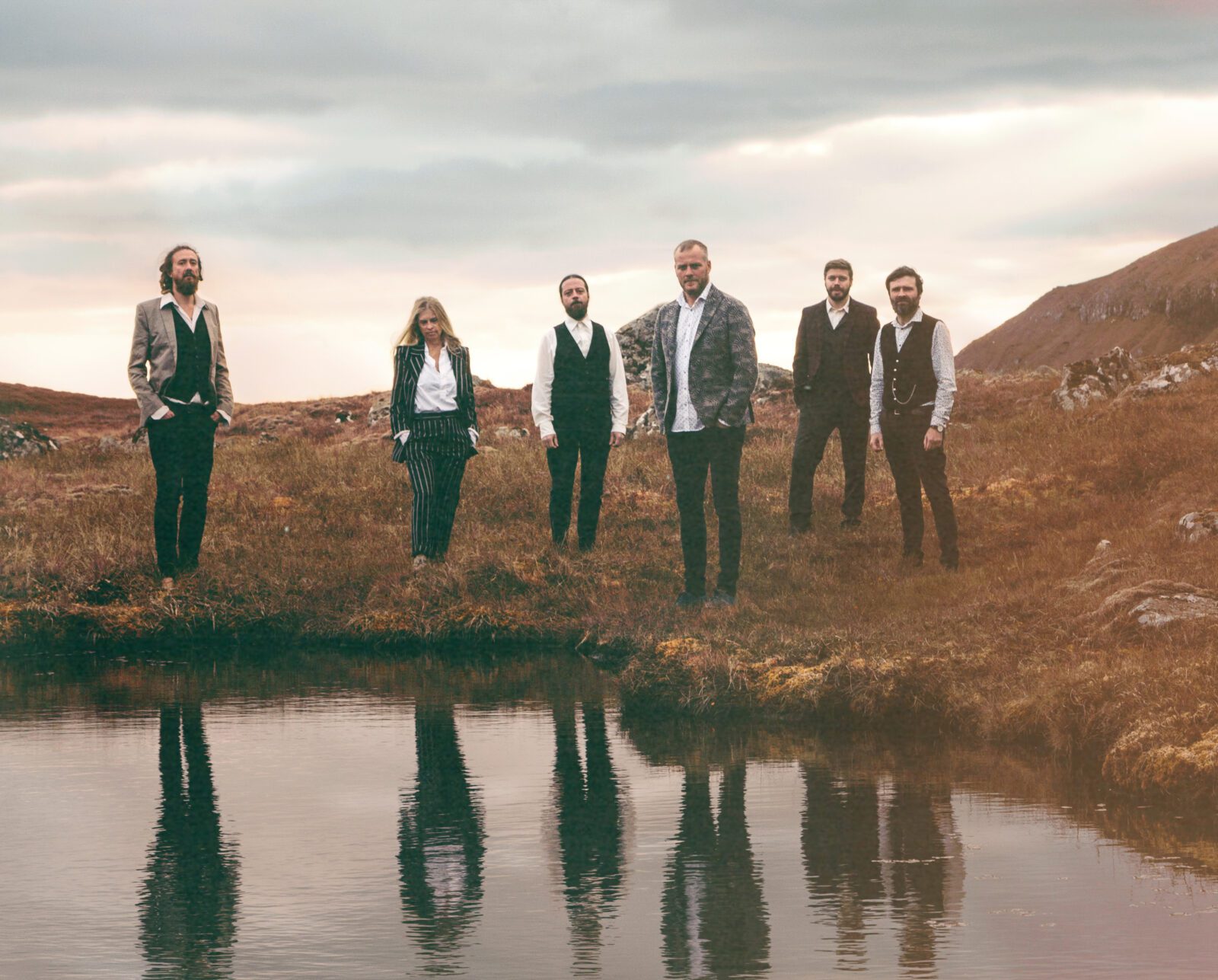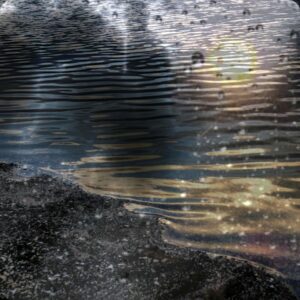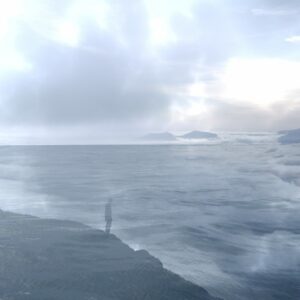Klingra

Klingra
The risks and radicalism of quiet music prove to be a rich seedbed for Faroe Islands collective Klingra. Spawned from the band Afenginn in 2020, Klingra – the name refers to something circular – start from a point where all extraneous matter seems to have been pared away, leaving room for the members to explore and experiment with elemental and emotive currents of atmospheric pop and classical influences. On their debut album, …eftir (translated: after), Klingra project a precarious sense of immersive drama that compels: the closer you listen, the more their subtleties resonate.
The bandmates’ collaborative previous helps to facilitate an ego-free chemistry, where much of the action happens between the notes. Kim Rafael Nyberg (keys, piano, vocals), Dánjal á Neystabø (piano, keys, vocals), Maggie Björklund (pedal-steel guitar), Mikael Blak (bass, electronics), Heðin Ziska Davidsen (electronics, guitar), Knut Finsrud (drums, percussion) and Roma Komar (sound, trumpet) all truly listen to one another, forging sound-worlds of a deeply attentive intensity.
For Dánjal, the album has profound personal resonances. Exploring his late grandfather’s experiences as a fisherman, …eftir touches on the tragic deaths of 14 Faroese fishermen by the west coast of Greenland in 1956. An emotional arc from loss to a kind of “thankfulness” unfurls across two fluent, fully felt long-form pieces, navigating moods with a sensitive poise. Whispered readings of poetic lyrics share space with moving recordings of Dánjal’s grandfather. When the crescendos arrive, Klingra scale them with a deceptive ease, never straining for effect.
The result is a wide-open invitation to listeners to think and feel, encouraged by Klingra’s powers of evocation. In concert, audience reactions have testified to that power. “The response has been very strong,” says Kim. “Many have mentioned being moved to tears, others that they felt like closing their eyes and going into an inner space, others again that it put them in a state of remembering things and emotions from the past.” More such reactions will, surely, follow for this most transporting of bands.












